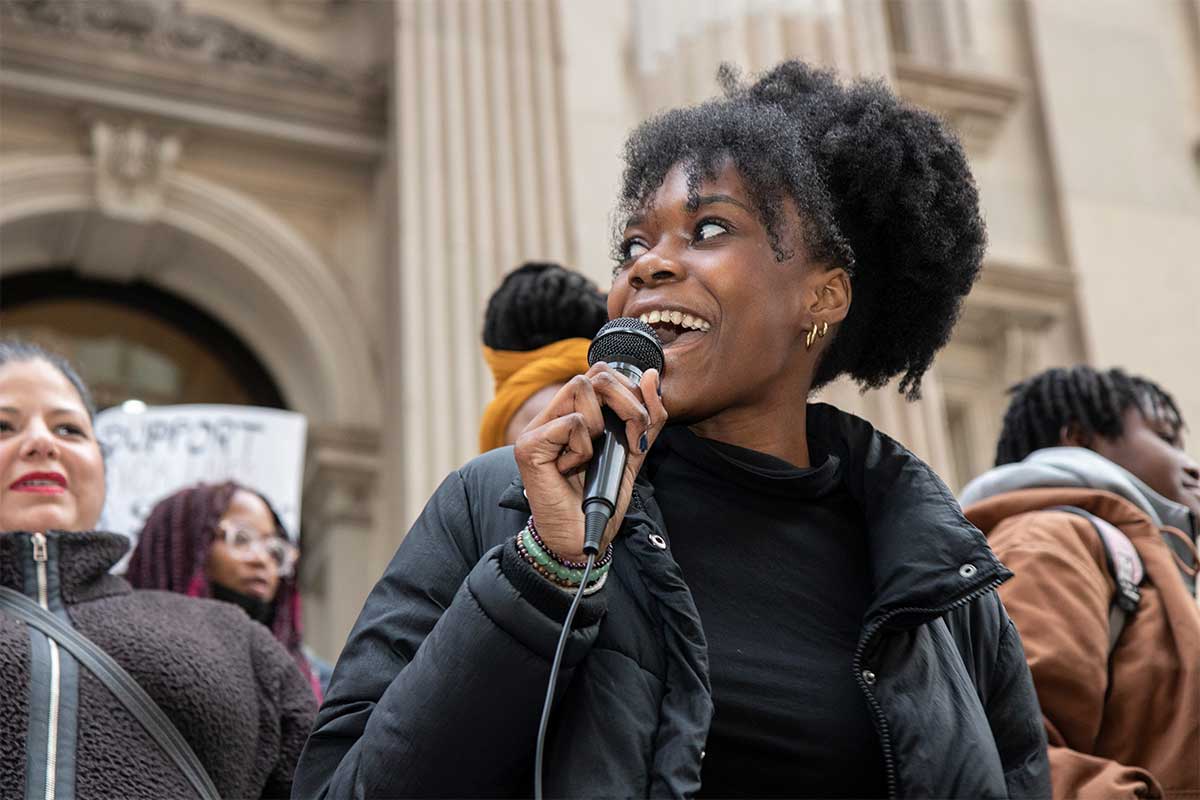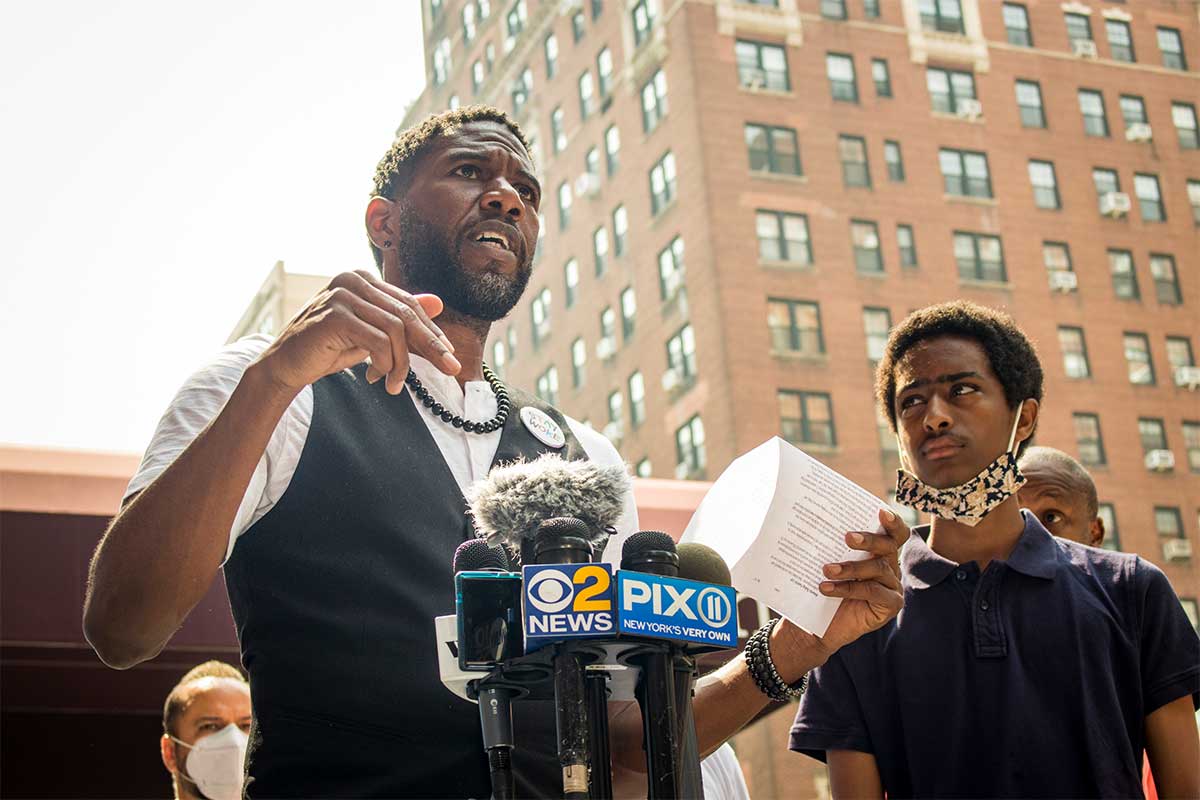Updates added June 26, 2025
The Importance of Engaging in Local Politics
In a country where national politics dominate our political narratives, it is easy to forget the importance of local politics. The looming presence of nationwide issues often obscures the perceived impact of local politics, making us believe our efforts to create political change will be fruitless. This feeling can be especially pervasive among young people, who feel voiceless either because they are too young to vote, or because they don’t see their perspectives or experiences being represented in or considered by government.
But municipal governments, just like the federal government, play a paramount role in every individual’s life, and you can be an active driver of the change that is enacted by these local political bodies. The recent fight to fund New York City’s public libraries – an essential resource for all New Yorkers, especially for our city’s youth – is indicative of how important and effective political engagement and activism is in safeguarding our access to critical services. Thanks to the advocacy of library workers, grassroots organizations, and active constituents, our public libraries were shielded from tens of millions of dollars in budget cuts. This is just one example of how being engaged in local political activism has tangible impacts on you and your community.
Making Your Voice Heard
In New York City, the opportunities for young people to be a part of political change are practically endless; our local governing bodies provide many built-in paths that New Yorkers can take to make our voices heard.
The first step is knowing who your representatives are and how to contact them. Community Boards, City Council Members, and Borough Presidents are responsible for representing individual boroughs, districts, and communities, including yours. All New Yorkers are represented by three elected officials who hold citywide office: the mayor, the Public Advocate, and the Comptroller.
To find your Community Board and City Council district and representative, all you have to know is your address.
All Community Board meetings are monthly and open to the public; you can find the address of your Community Board online.
Once you know who your City Council representative is, you can utilize their City Council Office contact information to reach out to them about issues that you think need to be addressed in your community or throughout the city.
You can also follow your representative as they introduce and pass legislation by using the Legistar database, an online resource which documents all future and past legislative activity in the City Council. If you are interested in watching the legislative process in action, you can access a live feed of every meeting or hearing.
Finally, if you want to speak on a specific issue or a challenge, you can register to give testimony directly in City Hall chambers or in a remote capacity.
These are all meaningful ways to get involved with local politics, and more specifically, with the democratic process as it occurs in real time. A reminder: being under the age of 18 does not mean that you do not have a voice in political decision making. All of the aforementioned methods are open to you regardless of your age or your voting status.

Voting
While voting is not the only way to be civically engaged, it is an important and effective tool in advocacy. In New York, you can pre-register to vote as early as 16 years old and you are eligible to vote once you turn 18.
Additionally, you can use online resources to prepare for election day by researching what is on your ballot. Before you enter the voting booth (or send in your absentee ballot) for this fall's General Election on November 4, or other elections in the future, it is important to be familiar with candidates' platforms on the issues you care about. Pencil in Early Voting dates and other key voter deadlines to prepare!
Youth Organizing Opportunities
Finally, political engagement is not limited to official governing processes such as voting or giving testimony. New York City is home to countless organizations that work to address community and city-wide issues through policy and advocacy. Many of these groups are seeking young organizers and advocates to fuel their movements. If you are looking to join a team united by a shared cause, you may find organization-based advocacy fulfilling. To find out more, see the resources listed below.
- Asian American Student Advocacy Project (ASAP)
- Citizens’ Committee for Children – Youth Action NYC
- Girls for Gender Equity (GGE)
- IntegrateNYC
- NYC VOTES – Youth Partners
- Sistas and Brothas United (SBU)
- Teens Take Charge
- The Brotherhood Sister Sol (BroSis)
- Urban Youth Collaborative
- The YA-YA Network
- Youth Civic Hub – Opportunity Board
- Youth Employment & Enrichment Resource Guide
By Kate Marriott, Communications Intern, with support from Director of Communications Kevin Fagan and Deputy Digital Media Director Mirielle Clifford
Images: A Combat Homelessness Press Conference and BLM At School NYC Rally, by Caroll Andrewsk for Office of the NYC Public Advocate
Don't miss the latest from the Office of the Public Advocate. Subscribe to the Advocate Bulletin newsletter.
